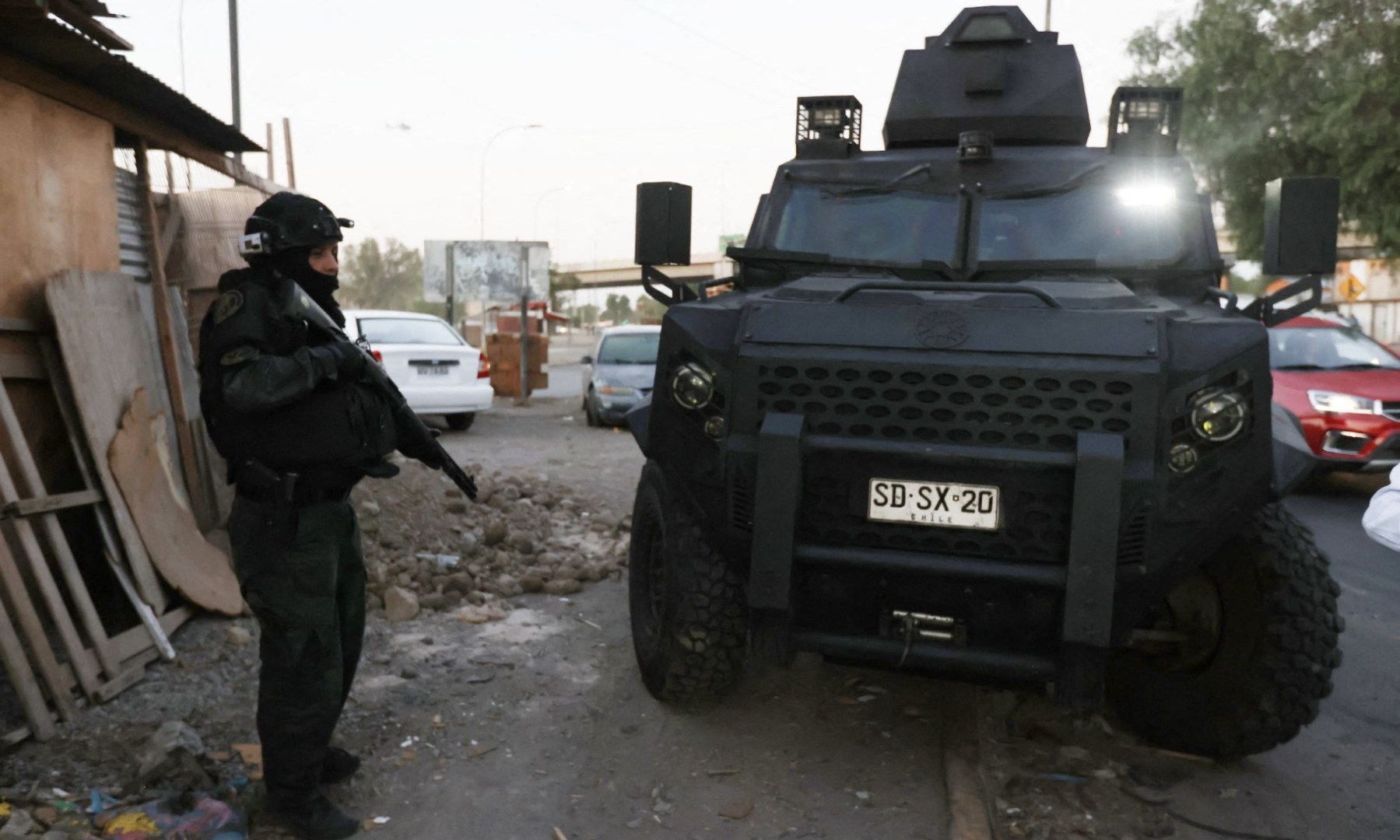Giovanni Vicente Mosquera Serrano was indicted by the Department of Justice, according to a statement released on Tuesday by the Treasury’s Office of Foreign Assets Control.
Mosquera Serrano is accused of terrorism and drug trafficking, according to court documents that were unreleased. A $3 million reward was also offered for information that led to his arrest or conviction, making him one more off the FBI’s list of the “ten most wanted.”
Under Mosquera Serrano’s leadership, Tren de Aragua was accused in a statement of “terrorizing our communities and facilitating the flow of illicit narcotics into our country,” according to Treasury Secretary Scott Bessent.
The Trump administration’s most recent attempt to combat criminal activity, which it claims is related to the growth of foreign gangs and criminal networks in the US.
Tren de Aragua and other Latin American gangs were earlier categorized as “foreign terrorist organizations,” a term that is more frequently used to describe international organizations with violent political objectives by the Trump administration.
Trump, however, has justified using emergency powers during his second term by the threat of international criminal networks.
For instance, the Trump administration claims that Nicolas Maduro’s government and Tren de Aragua are cooperating with the US. The Alien Enemies Act of 1798, a rare wartime law, was then used to support that claim.
Trump cited the Alien Enemies Act as the legal justification for the alleged gang members’ expedited deportations, contending that the presence of organizations like Tren de Aragua constituted a foreign “invasion” on US soil.
More than 200 people are still imprisoned in El Salvador’s highest-security prison, many of whom are still there today.
Along with a slew of legal challenges, those deportations have received a lot of negative feedback. The expedited deportations violated immigrants’ rights to a fair trial, according to critics. Additionally, they made a point of noting that many deported men had criminal records.
Some of the men’s attorneys claim that their tattoos and wardrobe choices give the impression that they were imprisoned. However, that claim has been refuted by the Department of Homeland Security.
At least one senior US official acknowledged that Tren de Aragua may not be directed by Maduro’s administration.
The idea that Venezuela was in charge of the gang’s movements in the US was also questioned by an Office of the Director of National Intelligence memo from April that was obtained by news outlets like NPR and The New York Times.
Instead, the memo stated that Tren de Aragua is likely to be viewed as a threat by the Maduro government.
The Maduro regime probably does not have a policy of cooperating with TDA and is not directing TDA movements to and operations in the United States, the memo reads.
The US and Colombia jointly offered multimillion dollar reward programs for information that led to the arrest of Mosquera Serrano and two other men allegedly guiding Tren de Aragua in July.
According to a statement from the Treasury Department, the group “engaged in diverse criminal activities, including human smuggling and trafficking, gender-based violence, money laundering, and illicit drug trafficking” in the same month as a transnational criminal organization.
Source: Aljazeera

Leave a Reply